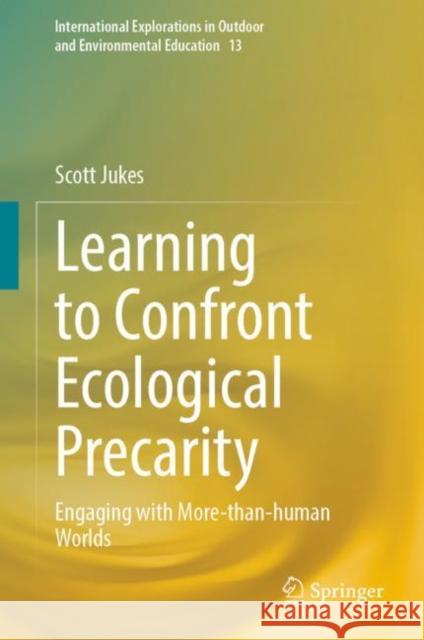Learning to Confront Ecological Precarity: Engaging with More-than-human Worlds » książka
topmenu
Learning to Confront Ecological Precarity: Engaging with More-than-human Worlds
ISBN-13: 9783031341991 / Twarda / 2023 / 236 str.
Learning to Confront Ecological Precarity: Engaging with More-than-human Worlds
ISBN-13: 9783031341991 / Twarda / 2023 / 236 str.
cena 602,40
(netto: 573,71 VAT: 5%)
Najniższa cena z 30 dni: 539,74
(netto: 573,71 VAT: 5%)
Najniższa cena z 30 dni: 539,74
Termin realizacji zamówienia:
ok. 16-18 dni roboczych.
ok. 16-18 dni roboczych.
Darmowa dostawa!
Kategorie:
Kategorie BISAC:
Wydawca:
Springer International Publishing AG
Seria wydawnicza:
ISBN-13:
9783031341991
Rok wydania:
2023
Ilość stron:
236
Wymiary:
23.5 x 15.5
Oprawa:
Twarda











